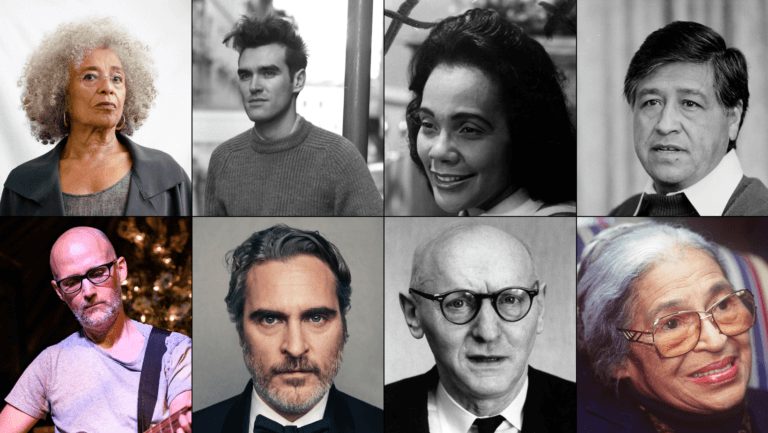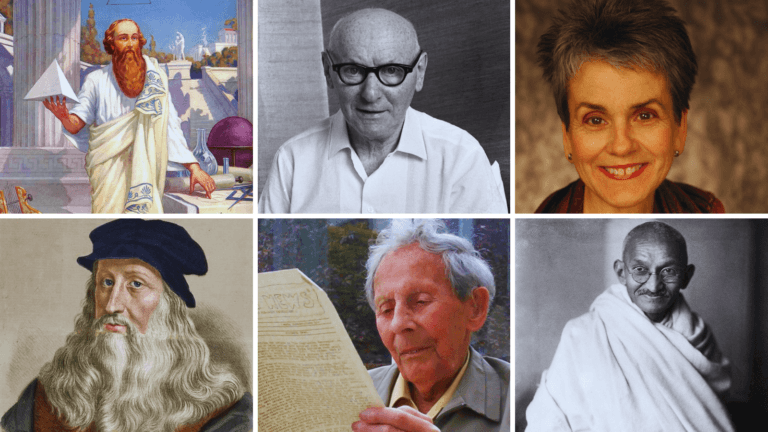Inspiring Pioneers of Veganism Who Changed the World for the Better
Pioneers of Veganism have shaped the way we understand plant-based living today. From early advocates who championed animal rights to modern influencers redefining wellness, these trailblazers paved the way for a global movement.
In this blog, we honour the individuals who courageously challenged norms, educated communities, and inspired generations to embrace a more compassionate, sustainable lifestyle. Join us in exploring the legacy of veganism’s most influential voices.
History Of The Vegan Movement
The early 20th century was a pivotal time in the development of the vegan movement, which has a rich history influenced by important occasions and influential figures.
Donald Watson and a group of vegetarians in the UK created the Vegan Society in 1944, and it was around this time that the term “vegan” was first used to refer to a way of life that outlawed animal mistreatment.
Early influences include the ideals of philosophers like Pythagoras and Leonardo da Vinci, who favoured compassion for all living things and a plant-based diet.
Famous books like Peter Singer's Animal Liberation, which sparked widespread discussions about animal rights and ethics, were released in the 1970s and 1980s when the movement started receiving much attention.
People for the Ethical Treatment of Animals (PETA) and other vegan advocacy groups emerged in the 1990s and were instrumental in changing public opinion on animal abuse and the vegan lifestyle.
The emergence of social media has sparked a global shift toward plant-based diets in recent years. Documentaries like Cowspiracy and Earthlings have further fueled the vegan movement by highlighting the negative environmental effects of animal agriculture.
With more people turning vegan today for ethical, ecological and health reasons, the vegan movement is still expanding.
The history of the vegan movement is a tapestry made of hunger, action, and cultural change. The campaign has grown from modest beginnings in the middle of the 20th century to an international phenomenon.
The vegan message has been widely disseminated thanks to influential people, grassroots organizations, and developments in communication and technology.
Vegetarianism has evolved from a marginal movement to a mainstream phenomenon that has greatly impacted the food business.
Nowadays, vegan options are available in various establishments, including fast food chains, supermarkets, and restaurants.
The history of the vegan movement shows the power of collective action to create meaningful change. It shows how people can impact animal welfare, the environment, and future generations.
Pioneers Of Veganism
The movement's founders have greatly influenced the development and propagation of the vegan movement.
Here are some specifics on well-known pioneers of veganism:
1. Donald Watson (1910-2005)
The vegan movement was started by British campaigner Donald Watson, who is well known for his activism. He was a key figure in the establishment of the Vegan Society in the UK in 1944, the country's first advocacy group for veganism.
He fused the first three and last two letters of the word “vegetarian.” Watson's vision included a philosophy based on ethical issues and nutritional choices.
He promoted a way of living that opposed using animals for research, entertainment, or other usage. Watson fought to spread awareness about the moral ramifications of animal cruelty because she genuinely believed that animals have intrinsic rights.
Watson helped create a community devoted to living peacefully with animals and the environment through the Vegan Society, which served as the movement's founding organization.
His efforts have endured as veganism develops into a recognized and expanding global movement that encourages kindness, sustainability, and conscientious living.
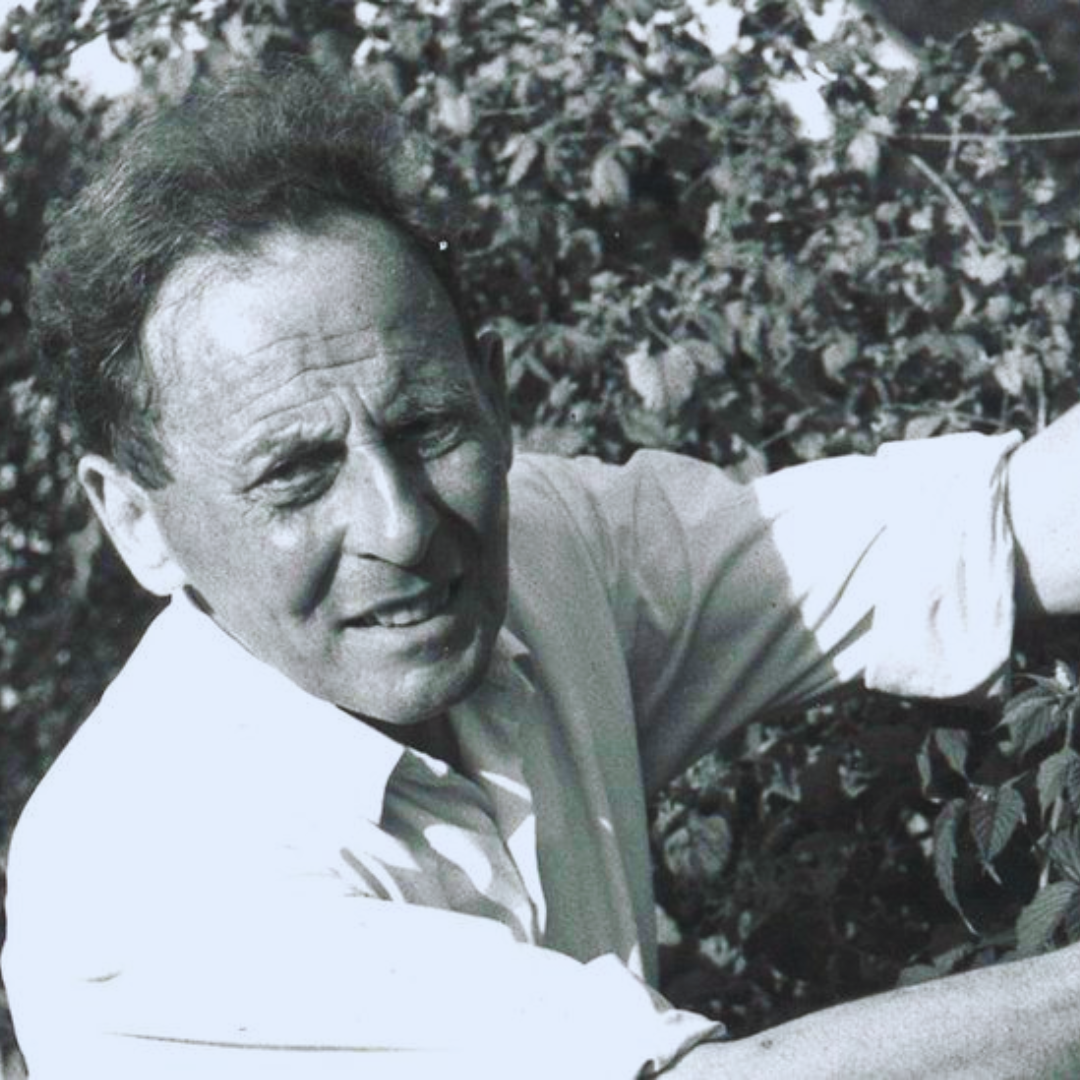
2. Leslie J. Cross (1895-1974)
Leslie J. Cross rose to prominence within the Vegan Society and greatly aided the group's expansion and development.
He joined the Vegan Society in the early years and soon became an active member and supporter of veganism. Cross largely created the Vegan Society Sunflower symbol and its vegan trademark.
This emblem, which consists of a circle around a growing plant, was created by Cross and is now a well-recognized international symbol for vegan goods.
The vegan trademark is a useful resource by making it simple for customers to recognize items that adhere to vegan standards.
By developing this emblem, Cross raised awareness of vegan products and made them easier to find on the market. He has made substantial contributions to the branding and expansion of the Vegan Society, which have helped to popularize veganism and make it a widely accepted way of life.
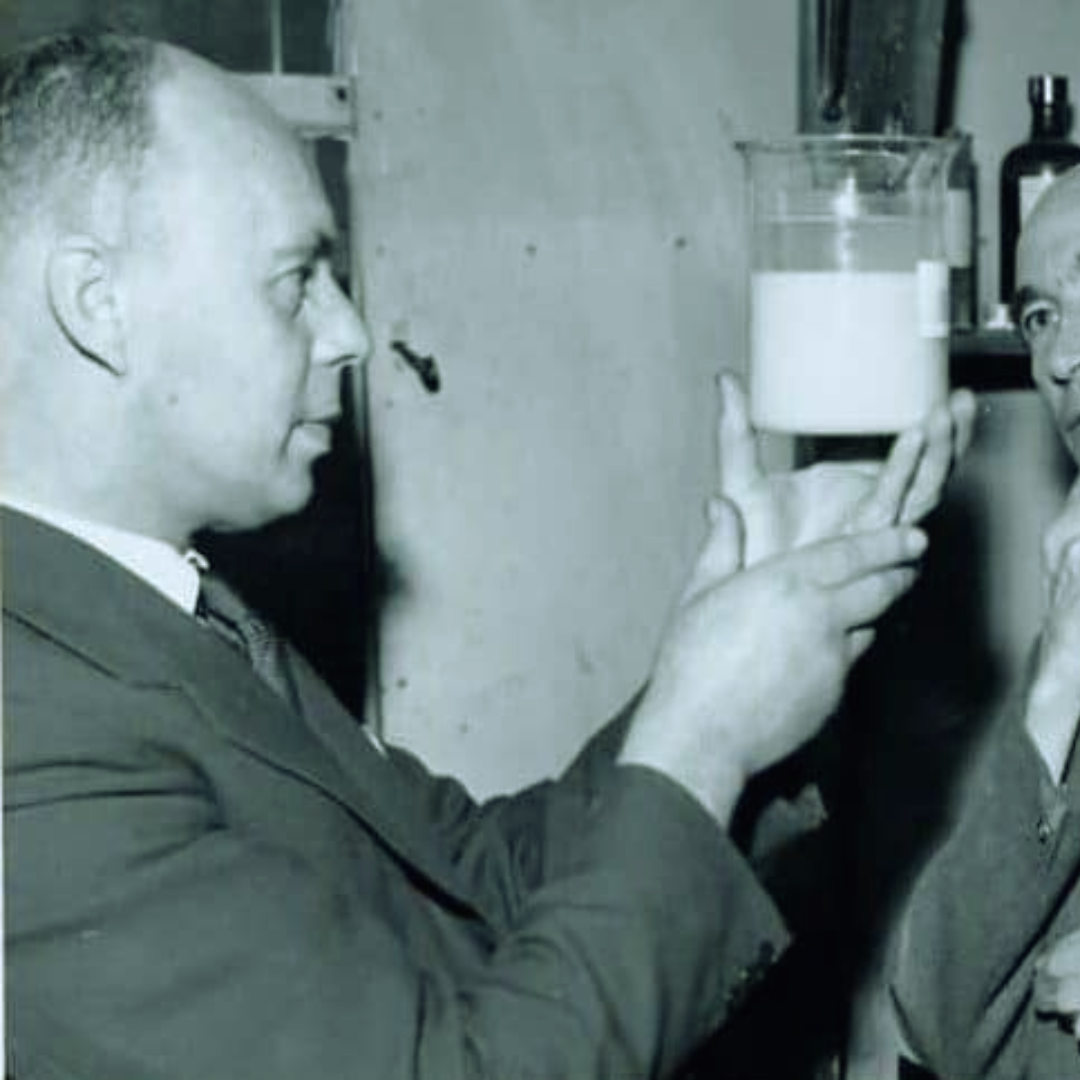
3. Frances Moore Lappé (1944-today)
Frances Moore Lappé is a well-known author and activist from the United States who has done much to advance plant-based diets and sustainable food systems.
Her ground-breaking book Diet for a Small Planet (1971) significantly influenced people's views of food and its environmental interaction.
In the book, Lappé outlined the negative environmental effects of animal agriculture, including deforestation and resource depletion, and stressed the significance of switching to plant-based protein sources as a remedy.
She disproved the notion that consuming animal products was necessary to obtain whole proteins by introducing the idea of “protein combining” in vegetarian diets.
Lappé's book triggered a worldwide discussion about the effects of our dietary decisions on the environment and encouraged people to think about the potential impact on the environment.
A worldwide conversation on how our dietary choices affect the environment was spurred by Lappé's book, encouraging readers to think about the environmental effects of their food choices.
Her work has influenced numerous others to change their eating habits to be more environmentally conscious and sustainable, and it continues to be a cornerstone in promoting a sustainable, plant-based diet.

4. Peter Singer (1946-today)
Australian philosopher and ethicist Peter Singer's work has significantly advanced animal freedom and animal ethics.
His ground-breaking book Animal Liberation (1975) is widely considered a foundational work that ignited a global discussion concerning the moral consideration of animals.
In the book, Singer challenges the belief that humans are the only sentient beings with moral worth by establishing a strong case for extending fundamental rights and ethical considerations to all sentient beings.
He explores the moral ramifications of animal exploitation in various industries, including factory farming, animal testing, and entertainment, and he promotes a kinder and equitable treatment of animals.
Singer's work motivated Numerous people to reexamine their relationships with animals and embrace a vegan lifestyle, which was essential in developing the modern animal rights movement.
His efforts have impacted academic and popular discourse on animal welfare and rights, helping to increase awareness of the ethical implications of animal use.

5. Ruth Harrison (1920-2000)
The seminal book Animal Machines, published in 1964 by British novelist and animal welfare activist Ruth Harrison, had a significant impact.
Harrison's trailblazing work exposed the grim truth of extensive animal farming by methodically documenting the harsh and inhumane conditions that animals in factory farms must endure.
Her studies helped people better appreciate the suffering, crowding, and confinement that animals in battery cages, gestation crates, and veal crates face.
“Animal Machines” raised awareness among the general public and sparked a passionate discussion about the morality of animal agriculture, upending established norms and encouraging people to reconsider their food preferences.
Harrison's work continues to be recognized as a turning point in the history of animal care and had a significant role in the growth of veganism as a compassionate alternative.
Ruth Harrison developed an interest in animal welfare while growing up on a farm in Yorkshire, England. She saw farm animals suffering and was inspired to bring attention to their predicament.
Ruth Harrison's research on Animal Machines took a journalistic approach. To conduct an accurate and thorough sector analysis, she toured numerous industrial farms, spoke with farmers, and gathered much data.
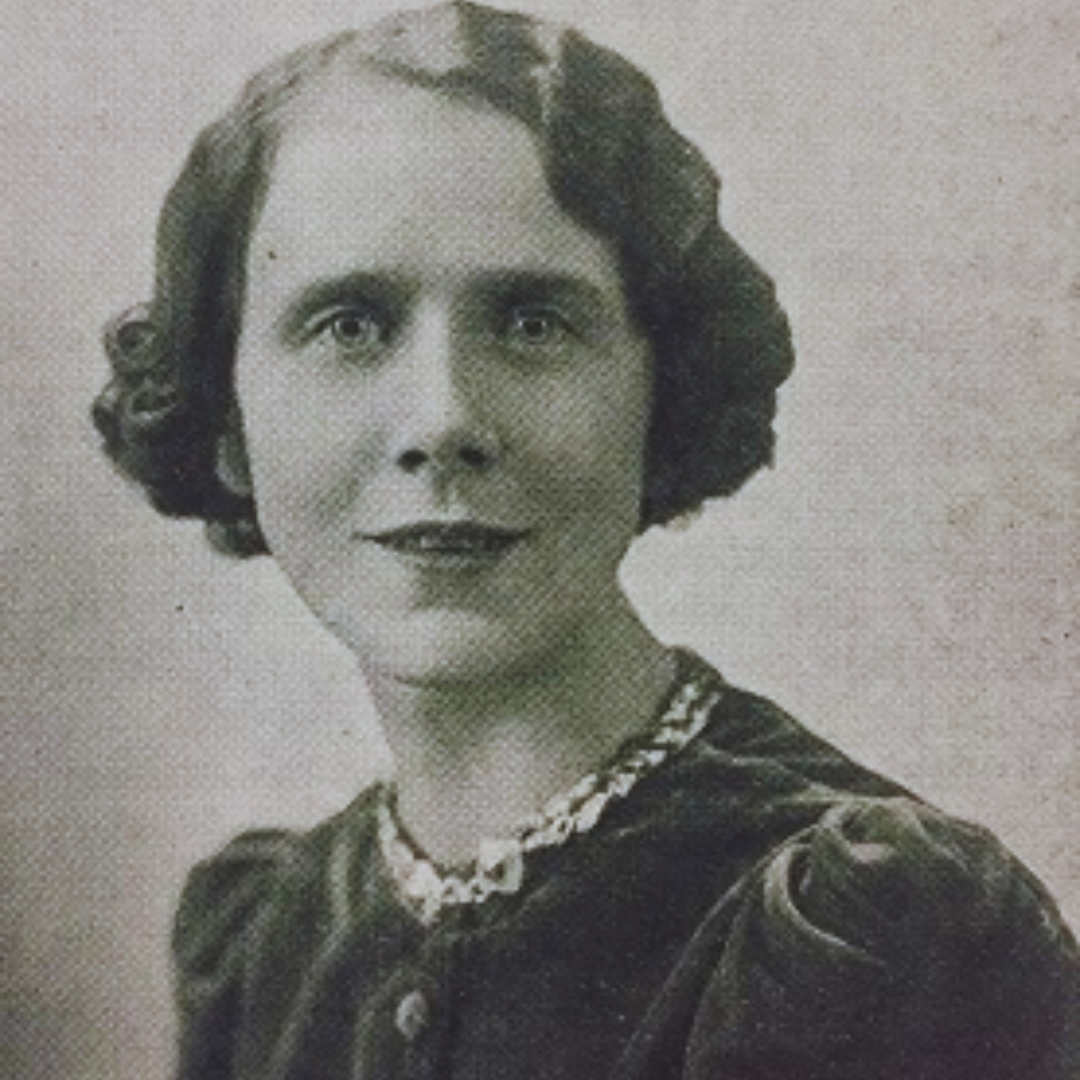
6. Linda McCartney (1941-1998)
Linda McCartney—Linda Louise Eastman—was an American musician, photographer, and activist who strongly supported vegetarianism and veganism.
Linda McCartney was born in New York City on September 24, 1941. She first became well-known for her work as a professional photographer in the 1960s, when she took legendary photos of singers and celebrities. In 1969, she tied the knot with Paul McCartney, a member of the storied group The Beatles.
Linda McCartney strongly backed the vegetarianism and animal rights movements. She switched to a vegan lifestyle after seeing animal abuse on a farm in the late 1980s.
She strongly pushed plant-based diets because she thought they were morally and environmentally sound. The vegan movement has benefited from Linda McCartney's dedication to animal rights, culinary innovations, and attempts to make vegan foods more widely available. These factors have helped the movement expand and gain support from the general public.
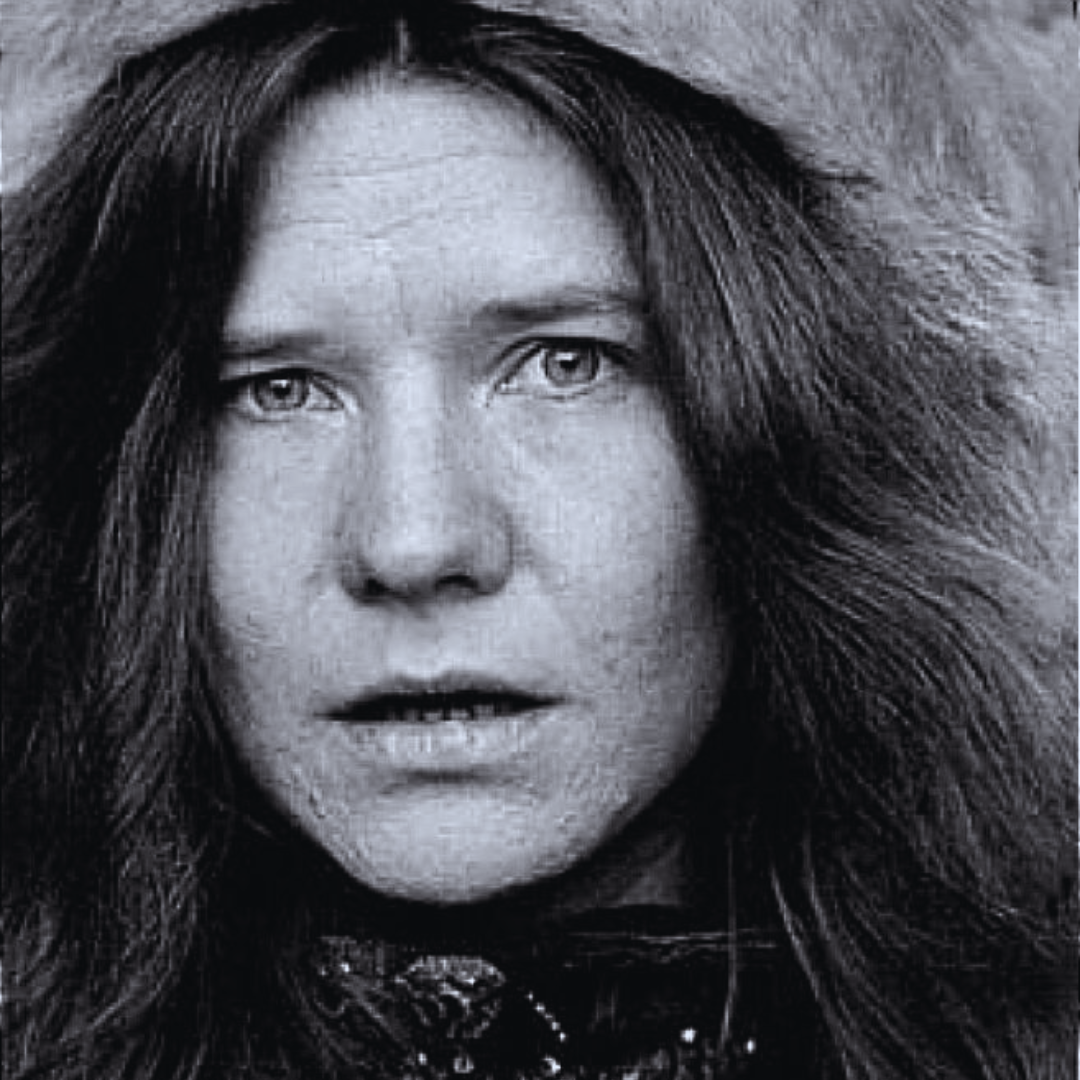
7. John Robbins (1947-today)
American author and activist John Robbins was born on October 26, 1947. He is best known for his 1987 book Diet for a New America, which has become a classic in the field.
Robbins' book examined the ethical and environmental ramifications of animal husbandry and drew attention to the catastrophic effects of industrial farming on both the environment and animal welfare. To address these problems, Robbins made persuasive arguments in favour of switching to a vegan or vegetarian diet.
He pushed for a more ethical and ecological approach to food choices by highlighting the connections between environmental protection, animal welfare, and human health.
Diet for a New America attracted much attention, connected with readers, and contributed to the rise of veganism as a movement to advance sustainability and animal compassion.
Robbins continues to be a vocal proponent of sustainable living and mindful eating, encouraging people to make thoughtful decisions for their and the planet's health.

8. Colleen Patrick-Goudreau (1970-today)
The influential writer, speaker, and podcaster Colleen Patrick-Goudreau, born in 1970, is a well-known personality in the vegan movement.
For more than twenty years, Colleen Patrick-Goudreau has dedicated herself to veganism and animal welfare. Her books, including the well-known ones, offer helpful advice and tools to anyone interested in leading a vegan lifestyle.
Vegan Baking's Joy and the 30-Day Vegan Challenge. In addition to offering mouthwatering plant-based recipes, her publications address frequent problems and assist with the shift.
In addition to writing books, Patrick-Goudreau hosts the podcast Food for Thought, where she discusses various subjects related to veganism, animal rights, and human behaviour.
Numerous people have been moved to adopt veganism and make more humane decisions by her inspiring and educational style.
Colleen Patrick-Goudreau's work continues to make a huge difference in inspiring and enlightening others about the advantages of leading a vegan lifestyle.

9. Earthling Ed (Ed Winters) (1988-today)
Ed Winters, also known as Earthling Ed, is a well-known figure in the vegan community. He was born in 1988 and strongly supports ethical veganism and animal rights.
Ed Winters has become famous as a vegan activist, educator, and speaker under the alias Earthling Ed, which he uses online.
He raises awareness about the moral treatment of animals and the negative environmental effects of animal agriculture through various channels, including engaging speeches, eye-catching internet videos, and a robust social media presence.
He has successfully persuaded audiences worldwide to adopt a vegan lifestyle using a calm and convincing style. His work has sparked in-depth discussion and prompted viewers to consider how their lifestyle choices affect animals and the environment.
Many people have reflected on their principles and chosen a compassionate lifestyle because of Earthling Ed's work. Many others were moved by his attempts to examine their principles and switch to a human and plant-based diet.

10. Melanie Joy (1966-today)
Melanie Joy, born in 1966, is a leading personality in the vegan movement. She is known for her training as a psychologist and her groundbreaking research on “carnism.”
Joy used the term “carnism” to characterize the covert religious philosophy that normalizes and justifies the use of animal products.
In her studies and publications, she examines the psychological and cultural influences that impact people's views toward eating animals and the cognitive dissonance that results from participating in an animal exploitation system.
Joy's book, Why We Love Dogs, Eat Pigs, and Wear Cows: An Introduction to Carnism, examines societal factors that support carnism. It challenges readers to reconsider their deeply ingrained beliefs about eating animals.
She is also highly demanded as a speaker and instructor to spread knowledge and advocate veganism as a kind and moral alternative.
Melanie Joy's writings have significantly influenced the development of the vegan movement. They encourage people to consider the underlying ideologies of their dietary preferences and promote empathy and compassion for all living things.

11. Dr. T. Colin Campbell (1934-today)
The renowned American biochemist and nutritionist Dr. T. Colin Campbell, born in 1934, has made substantial advances in studying plant-based nutrition. His ground-breaking book The China Study (2005) is widely considered a fundamental work in diet and health.
Dr. Campbell provided convincing scientific evidence, based on a significant study carried out in China, linking the intake of animal-based foods to chronic illnesses like heart disease, cancer, and diabetes.
The China Study recommended a whole-foods, plant-based diet high in fruits, vegetables, grains, and legumes because of its positive effects on health.
Dr. Campbell's research questioned widely held beliefs about the importance of nutrition in illness prevention and showed the effectiveness of a plant-based diet and lifestyle in fostering optimum health. He keeps going.
He is still a well-known proponent of a plant-based diet, giving lectures, penning books, and working on studies demonstrating the advantages of primarily eating plants for both humans and the environment.
Numerous people have been motivated to undertake healthy dietary adjustments in the pursuit of greater health by Dr. T. Colin Campbell's groundbreaking research, which has profoundly influenced how we perceive the connection between nutrition and disease.
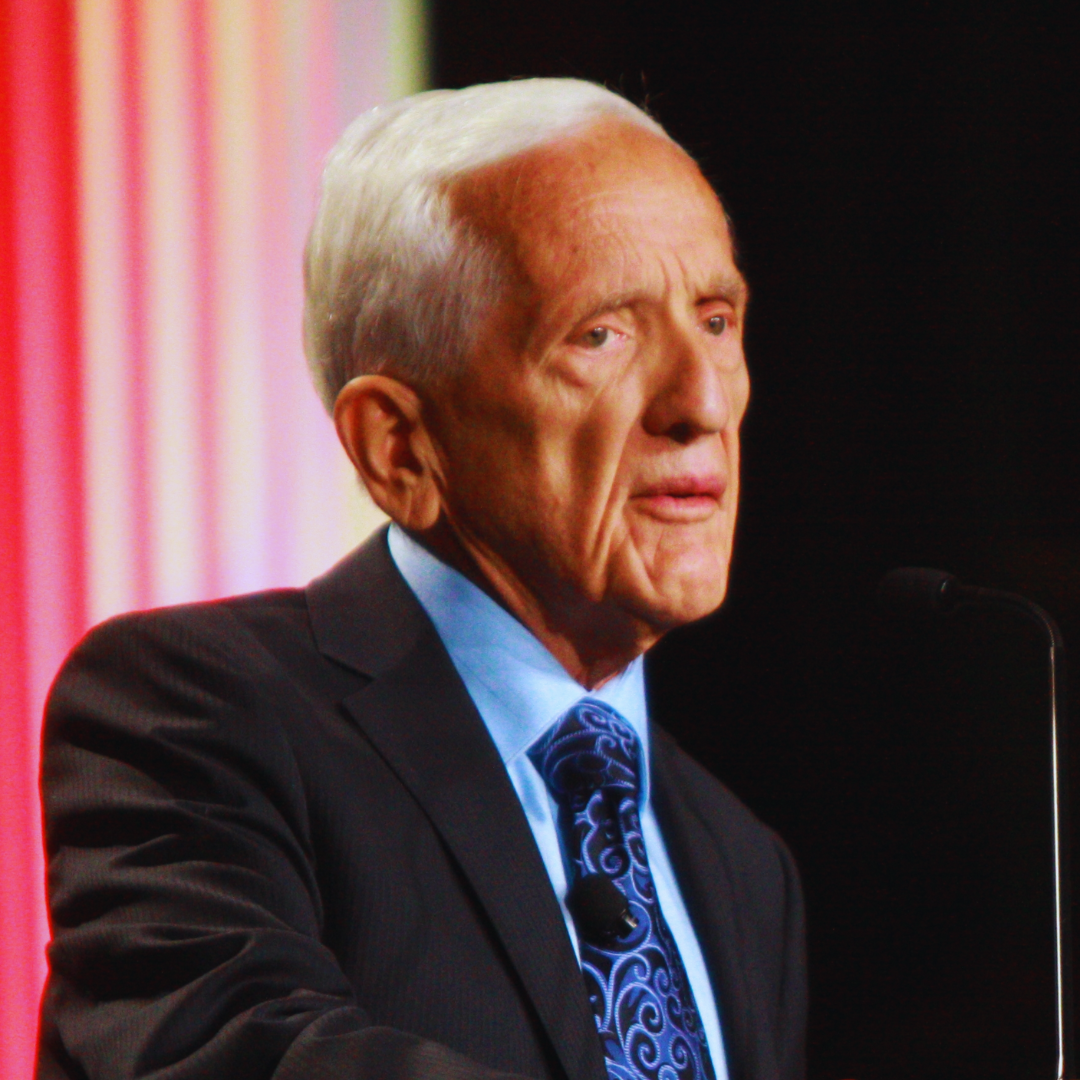
Conclusion
Finally, the founding members of the vegan movement have had a lasting impact on the expansion and advancement of the cause.
The theory, ethics, and campaigning that veganism is based on today were formed by visionaries like Peter Singer, Donald Watson, Leslie J. Cross, Frances Moore Lappé, and many others.
Due to their tireless efforts, more people are now aware of the ethical dilemmas associated with animal abuse, the negative environmental impacts of animal agriculture, and the advantages of switching to a plant-based diet for both people and animals and the environment.
These trailblazers have influenced countless people to become vegans through their writings, activism, and the foundation of organizations, resulting in a change in the world's lifestyle toward a more kind, sustainable, and conscientious lifestyle.
They left a lasting legacy that serves as a constant reminder of the strength of the individual. Their legacy is still felt today as a constant reminder of the influence of individual and group decisions in fostering a more caring and fair world for all living things.
We owe a debt of appreciation to these pioneers for opening the door to a more humane and sustainable future as the vegan movement develops.
I trust you enjoyed this article on the Inspiring Pioneers of Veganism Who Changed the World for the Better. Please stay tuned for more plant-based recipes, vegan travel tips, and lifestyle inspiration.
Take care!
— JeannetteZ 🌿
💬 Your Opinion Is Important To Me
Do you have thoughts, ideas, or questions? I’d love to hear from you. Please leave your comments below, or email me directly at Jeannette@LivingTheVeganLifestyle.org.
📚 More Vegan Lifestyle Reads
🌱 My #1 Recommendation for Online Success
Sharing my passion for vegan living — from food to fashion — has been such a rewarding journey.
If you’ve ever dreamed of building your own ethical lifestyle brand or blog, this is the best place to start.
🌟 See How Vegan Bloggers Build Online Income — Try WA Free (No Credit Card Needed)
Disclosure
This post may contain affiliate links. As an Amazon Associate and participant in other affiliate programs, I earn from qualifying purchases at no extra cost to you. Please read my full affiliate disclosure.




